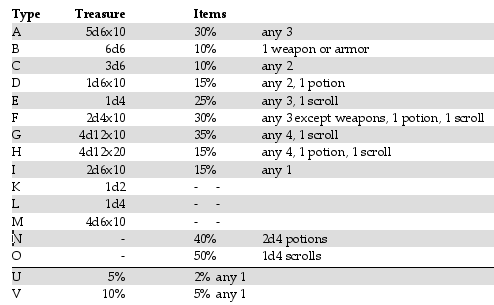Someone was asking me about advice for running a Sword & Sorcery themed campaign in an RPG. Since that’s a pretty open question regarding a rather wide topic, I thought this might be a good subject for a full length post.
I think the first thing here would be to establish what I specifically mean when I am talking about Sword & Sorcery. Unlike most names for fantasy sub-genres, Sword & Sorcery has an actual and pretty specific meaning. Not everyone is using it the same way, but in this case we know exactly who created the term and what his intention was by doing so, so we can actually say that some people are just using is wrong. In 1961, Michael Moorcock wrote in a letter printed in a magazine that it would be a good idea to somehow distinguish the kind of fantasy he and others were writing from works like The Lord of the Rings and Narnia. They are all “fantasy” but drastically different in many, and perhaps even most details. In reply to that, Fritz Leiber wrote that he thought a great name for the subgenre would be “Sword & Sorcery”. And later he somewhat elaborated by saying “The best pulp Sword and Sorcery writer was Robert E. Howard”. So the actual definition of Sword & Sorcery could be said to be “Howard, Leiber, and Moorcock and specifically not Tolkien”.
But that doesn’t actually tell us what makes Sword & Sorcery what it is, which is necessary when you want to capture the spirit of Howard, Leiber, and Moorcock either in writing or running a roleplaying game. Now I admit that there is some validity to statements like “Those are just lables, don’t blindy follow old conventions, be creative and don’t immitate”. But in reality you often see works that are cool and you’re able to tell that there are other cool works that are similar, but you can’t put your finger on it what it actually is that makes them both similar and cool. Saying that you want to “create Sword & Sorcery” is not creative bankrupcy or being a sellout. When you want to play Heavy Metal or Blues, there is a good deal of established conventions that make the genres what they are. You don’t have to follow every single one of those conventions, but you have to follow most of them or the result will be something completely different. Same thing with fiction. A really great attempt at a definition of Sword & Sorcery heroes does not come from me, but is actually from Joseph McCullough, and I think he really quite nails it. A Sword & Sorcery hero is someone who is a.) using decisive action to b.) to pursue self-motiavted goals while c.) standing outside the normal rules and conventions of society. And pretty much everything else about the genre follows from that. Continue reading “My approach to running Sword & Sorcery campaigns”


